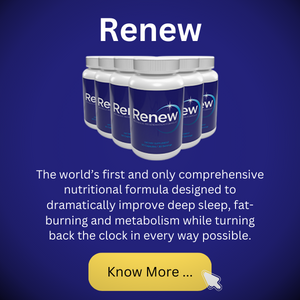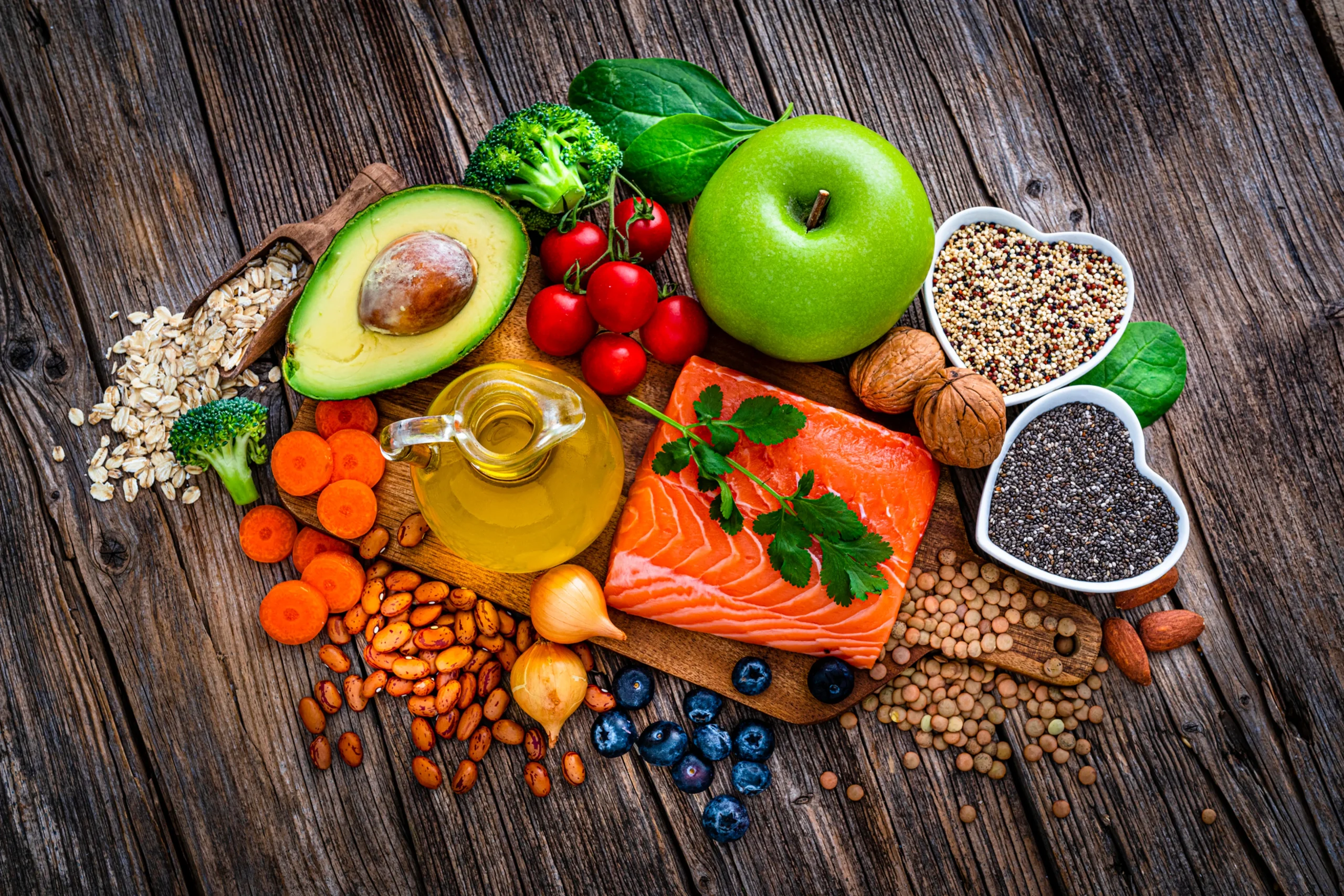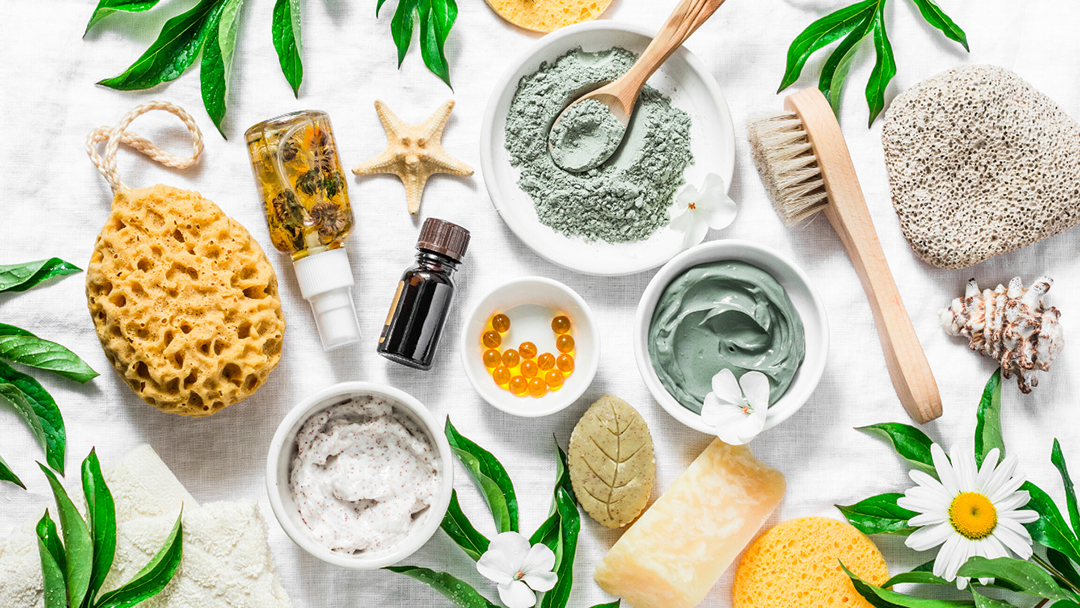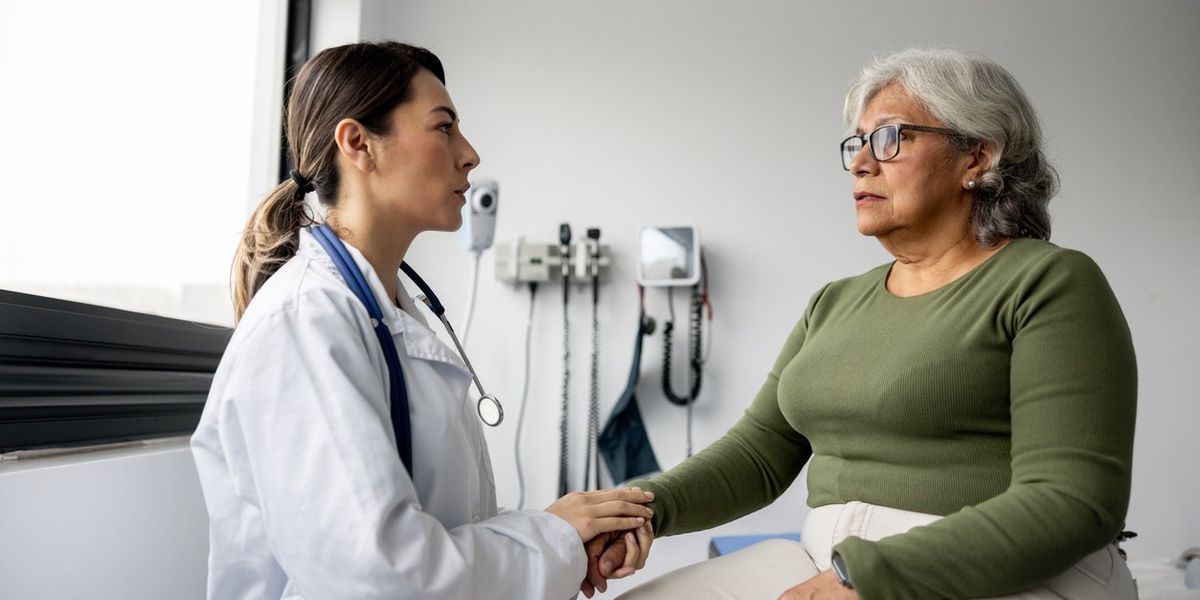Fitter, better, younger? Big Food’s health supplements mislead European consumers – Follow the Money
This article in 1 minute
What’s the news?
- The European dietary supplements market, worth more than 87 billion euros in 2024, is booming.
- Food giants like Nestlé and Unilever push supplements with claims of better health, but nearly half of these claims violate EU advertising regulations, an investigation focusing on the Netherlands has found.
Why does it matter?
- Consumers across Europe buy into promises that supplements can boost immunity, ease symptoms of the menopause, or improve stress and sleep.
- But many of these claims lack scientific backing or are outright illegal under EU rules, while some supplements may pose health risks or delay necessary medical treatment
How did we investigate this?
- For Follow the Money, The Investigative Desk submitted 437 supplements marketed in Europe to a self-regulatory review body.
- We analysed claims against EU rules and found widespread violations, illustrating how enforcement gaps and influencer marketing fuel misleading narratives across the bloc.
The verdict? “Ten out of ten,” says German-Malaysian influencer Caroline Nest to her 533,300 TikTok followers, as she sweeps a blow-dried strand of hair out of her face with a manicured hand.
“Normally, I’m not a big fan of vitamin gummies, but this brand from Kourtney Kardashian, Lemme – what is this?” she says, with a mixture of disbelief and admiration.
She holds up three pastel-coloured jars to the camera: Lemme Chill for relaxation, Lemme Purr for vaginal freshness, and Lemme Curb to suppress sweet cravings.
In another video, Nest is especially enthusiastic about Lemme Sleep, which contains melatonin, L-theanine and “dreamy botanicals,” according to the product’s website. “When I say I’m gone in five minutes after taking these, I’m not lying,” she enthuses.
Dubious promises lie at the heart of a multi-billion-euro market that has grown exponentially in recent years
The opinions of food nutrition experts, however, are starkly different.
“This is pure consumer deception,” said Renger Witkamp, a professor of nutrition and health at Wageningen University in the Netherlands.
The fact that Lemme is backed by food giant Unilever – known for producing ultraprocessed foods such as mayonnaise, sausages, and ice cream – makes the marketing of such supplements even more cynical, according to Witkamp.
“If you eat and live healthily, there’s no reason to take all these extras,” he said.
Only in specific cases, such as when people are vegan, pregnant, or on certain medications, might such supplements be useful, the professor emphasised.
But manufacturers such as Unilever and Nestlé are keen to promote the increasingly lucrative idea that health can come from a jar of supplements – even if this promotion contravenes EU regulations.
The Investigative Desk, a group of specialised journalists, collected the health claims made by these supplements and found that nearly half of them broke such rules.
Yet the products are widely sold online and in stores, allowing food giants to earn tens of billions from supplements that are, in the view of many experts, at best unnecessary and at worst actively harmful.
Nestlé and Unilever
The investigation focused on supplements available in the Netherlands, and backed by the 10 largest food companies on the European market.
The claims made for 437 products were submitted in mid-May to the Keurinsgraad, a self-regulatory body established by the Dutch supplement industry, to see whether they were consistent with EU regulations.
The body found that the advertising for 212 of these supplements contravened EU regulations – almost half of the total.
Among Unilever-backed supplements available in the Netherlands, 68 of 72 products carried unauthorised claims on their packaging or in advertising.
Our journalism is only possible thanks to the trust of our paying members. Not a member yet? Sign up now
Of the 354 Nestlé products, 115 made claims that had not been authorised, such as “supports healthy blood” or “helps maintain a responsible cholesterol level”.
Twenty-three Nestlé products carried “on hold” claims, which have not yet been evaluated by the European Commission.
And 18 Nestlé products even carried medical claims – statements reserved for medicines – like “has anti-inflammatory properties”.
The investigation found a total of 24 dietary supplements sold in the Netherlands – statements suggesting that a product can prevent, treat or cure disease, which is not allowed for food supplements under EU law.
A more limited investigation into the French and German markets found 17 and 16 products that made unauthorised medical claims, respectively. Some of the differences stem from how the claims were translated.
In response to this investigation, Nestlé and Unilever both said that their products and related claims complied with local legislation.
Surging revenues
These dubious promises lie at the heart of a multi-billion-euro market that has grown exponentially in recent years.
In 2024, the European nutritional supplements market was valued at more than 87 billion euros, with forecasts projecting it will exceed 124 billion euros by 2030, according to U.S.-based market research firm Grand View Research.
Vitamins remain the leading product category. While capsules and tablets continue to dominate, alternative formats such as gummies are rapidly gaining ground.
By 2040, 58 per cent of expected consumption of vitamins, minerals, and supplements will be from millennials and Gen Z
Once mainly used by athletes, pregnant women, and the elderly, supplements have become popular lifestyle products, fuelled by online influencers and accelerated by consumers seeking to boost immunity and health during the COVID-19 pandemic.
Jostein Solheim, CEO of Health and Wellbeing at Unilever, told shareholders in 2022 that the market had shifted from “health as the absence of disease” to “health as a lifestyle”.
He noted that younger generations were especially receptive: “By 2040, 58 per cent of expected consumption of vitamins, minerals, and supplements will come from millennials and Gen Z.”
Nestlé has also invested heavily in supplements. Through Nestlé Health Science, the company began developing supplements in 2014 and acquired the developer and producer Atrium Innovations for 2.3 billion dollars in 2017.
This strategy has paid off: in 2024, Nestlé earned over 7 billion euros from its Health Science division, doubling its 2020 revenue of 3.5 billion euros.
Health risks
Beyond the legitimacy of the claims, taking supplements can carry risk. Excessive vitamin B6 consumption, for example, can cause permanent nerve damage.
Herbal supplements can also interact dangerously with medications. Tryptophan – sold by Nestlé brands AOV and Orthica – has been found to intensify the effects of sleep aids, and cause restlessness or nausea when combined with antidepressants.
Professor Witkamp of Wageningen University also warned that the herb St. John’s Wort can interact with certain medications, including birth control, antidepressants, and blood thinners. But such risks are not required on labels under EU regulations.
“That’s where it goes wrong,” he says. “The information is known to regulators, but it doesn’t reach consumers.”
Another risk is that people decide to take supplements rather than consult a medical professional.
For example, a French Solgar product called Baie de Saw Palmetto claims: “Widely used in herbal medicine, turmeric helps maintain joint flexibility and comfort.”
This botanical claim is currently on hold, awaiting approval by the European Union.
In the Netherlands, such claims must be accompanied by an asterisk (*) to indicate that the claim has not yet been officially approved. However, in countries like France and Germany, this is not mandatory.
As a result, it becomes even more difficult for consumers to understand that these health claims have not been verified or authorised.
“Consumers don’t really understand what that means,” said Professor Witkamp. A patient with joint problems relying on such products may therefore delay seeking proper medical care.
Loopholes and work-arounds
Even the 212 products that were found to comply with EU advertising regulations as part of this investigation used claims that were dubious in other ways.
For example, there are no approved health claims for ingesting collagen. “The body breaks it down, so it doesn’t reach where it’s needed,” said Witkamp.
But vitamin C does have an approved claim, and so companies use the vitamin to their collagen products, allowing them to legally say it’s “good for cartilage” – even though this comes from the vitamin C, not the collagen.
“Drink water, eat a banana, have some broth. It’s cheaper too”
Even supplements with approved health claims may be far less effective than they appear.
Turmeric, for example, is found in countless supplements claiming to support not only joints, but also digestion and memory.
But recent research by Maurice Kroon at the University of Amsterdam shows that its active compound, curcumin, is barely absorbed by the body.
Cosmetic claims are another loophole. While saying a supplement benefits “skin, hair, and nails” is not allowed, it is permitted to say that it helps the “appearance of skin, hair, and nails”.
Medical professionals say expensive supplements are often not even necessary.
Unilever’s “Liquid I.V. hydration powder” claims to help the body absorb water better by harnessing the power of electrolytes and carbohydrates.
Professor Liffert Vogt, a kidney specialist, advised healthy consumers to “just drink water. Your body absorbs it very well on its own.”
Such drinks are only helpful during illness, he said. “Drink water, eat a banana, have some broth. It’s cheaper too.”
‘Why even have EU laws?’
These EU rules apply everywhere the product is advertised: whether that be on the label, on television, websites or social media.
Social media and web regulation is crucial, as ever more people are finding out about and buying supplements online.
In 2019, around 19 per cent of people who took supplements bought these products through the internet – today, that figure has doubled.
This makes enforcement harder, as many of these products are manufactured in the United States, where laws are more relaxed.
U.S. brands use influencers like Caroline Nest in Germany, Michelle Bruin in Holland and Jessica Roux in France, to promote their products, linking to foreign sites that show unauthorised claims.
The American brand Puritan’s Pride is therefore able to tell European consumers that its products can “cross the blood brain barrier” and “reduce risk of eye conditions” – statements that contravene EU rules.
Professor Hans Verhagen, a certified nutritionist who was part of a team that assessed thousands of claims for the European Food Safety Authority from 2005 to 2016, is dismayed that such misleading information is still being spread in the continent.
Fines for violators range from 525 euros for small firms to 1,050 euros for larger ones. For companies like Nestlé and Unilever, with turnover in the billions, that is not much of a deterrent.
Verhagen argued that food watchdogs need to step up enforcement.
“Companies must follow the law,” Verhagen said.
“If they don’t, why even have EU laws?”
Responses
Anya Pieroen, Head of Corporate Communications and Affairs at Nestlé Netherlands BV, said:
“All packaging and related claims we develop comply with applicable European and local legislation. Claims are carefully reviewed in advance before products are placed on the market.
Any communication that comes directly from Nestlé or its brands, such as on the websites of AOV and Orthica, is based on current laws and regulations. For external sales channels, we provide accurate and substantiated product information and explicitly advise that this information be used in accordance with applicable legislation.
Since we do not have control over all third-party communications – such as online stores or influencers – we cannot fully monitor those. In response to this research, we will hold internal discussions on how to better inform third parties about the applicable regulations and the correct use of claims.”
Willemijn Storimans, Strategy and External Affairs Manager in Europe for Unilever’s food portfolio, said:
“Consumer safety is of the utmost importance to Unilever. All our products, and the ingredients they contain, undergo rigorous safety evaluations.
We take compliance seriously and adhere to local laws and the relevant approval processes, where applicable. All claims on our products are subject to a thorough verification and approval process.”
This reporting was made possible with support from the Dutch Fonds voor Bijzondere Journalistieke Projecten.
The Investigative Desk is a group of specialized investigative journalists. They finance their work through donations, grants, subsidies, and fees. Funders have no role in or influence over the investigations or the content of the publications. More information can be found at www.investigativedesk.com.
Share this article:













